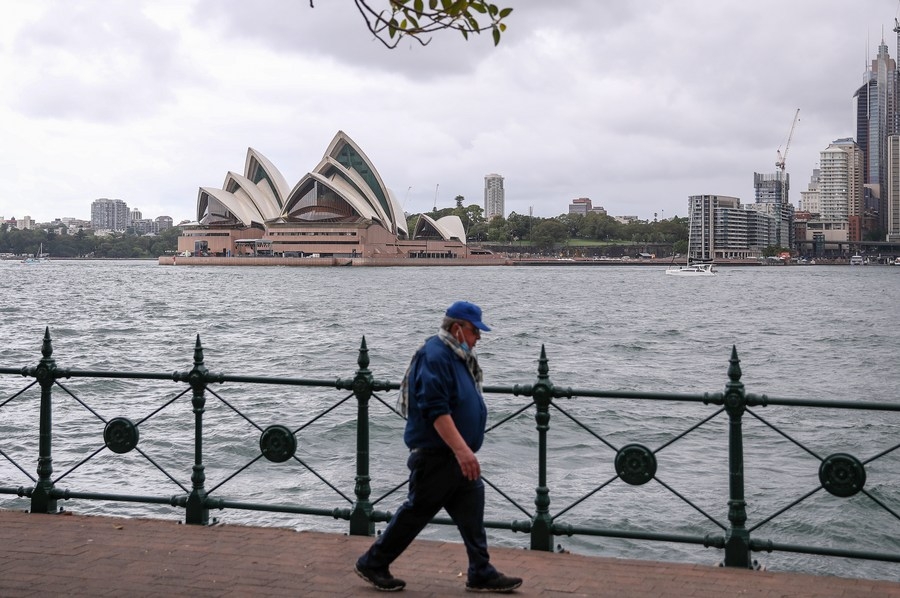
Canberra, Aug 7 (IANS) Almost one-third of Australians report feeling lonely, a landmark study revealed on Monday.
Ending Loneliness Together, a national coalition of research and advocacy organisations, on Monday published the first State of the Nation Report into social connection, reports Xinhua news agency.
The survey of more than 4,000 people aged 18-92 revealed that 32 per cent of Australian women and 31 per cent of men are lonely.
Those aged 18-24 were the most likely to often or always feel lonely, at four times the rate of those aged 75+.
People in rural areas were slightly more likely to be lonely than those in metropolitan areas.
The report found that Australians who feel lonely are typically less engaged in physical activity, less productive at work and more likely to have a social media addiction.
Lonely Australians are 4.6 times more likely to have depression and two times more likely to have chronic disease than the rest of the population.
“Loneliness is a critical issue of our time and has been recognized as a public health priority for many countries around the world. While the detrimental health, economic and social impacts of loneliness are well established, community awareness and action remain low,” Michelle Lim, chair of Ending Loneliness Together, said in the report.
The report was released to coincide with the start of Australia’s first Loneliness Awareness Week.
“Loneliness should not be seen as a sign of weakness or fault. Feeling lonely is an innate signal for us to acknowledge and address our basic human need for connection. Understanding this is the first step to creating a more connected Australia,” Lim said.
Thirty-nine per cent of people who reported loneliness were living in Australia’s most disadvantaged neighborhoods compared to 28 per cent in the least disadvantaged.
One-third of people said they feel ashamed about being lonely and 58 per cent said they avoid talking about it.







